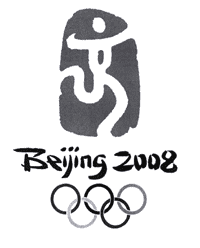In a major policy speech to the lower house of parliament Wednesday, Japanese Prime Minister Taro Aso officially pledged his support for the Tokyo 2016 Summer Games bid. According to a Tokyo 2016 press release, the move provides resounding affirmation that the nation’s administration is fully behind the bid in times of economic uncertainty.
One of Germany’s two major public service broadcasters, the ARD network, has threatened to drop its coverage of small Olympic sports if it is excluded from televising the Sochi 2014 Winter Games and the 2016 Summer Games, reports ESPN. The network is a member of the European Broadcasting Union (EBU), whose broadcast rights were turned down last year by the International Olympic Committee (IOC). Volker Herres, the ARD programming director, told the Handelsblatt newspaper, “not to give the rights to the 2014 and 2016 Olympics to the EBU, as has been the case for decades, is a strategic mistake in my opinion. If we lose the rights to the 2014 and 2016 Games we will reconsider our coverage of every sport between the Olympics”.
Britain’s Olympics Minister Tessa Jowell said Tuesday it was the right decision that more venues for the 2012 Summer Games are not based outside London. David Jones, shadow minister for Wales, told Jowell that many Britons were “sceptical” about her claims that the 2012 Games could be both a “UK Olympics” and a “compact London Olympics”. In defending the decision surrounding the location of the Olympic venues Jowell told the Welsh Affairs Committee, “a compact games is a very important part of why we won. Let me tell you the decisions about venues are decisions taken in close discussion with the International Olympic Committee (IOC) led by the organizing committee. They made absolutely clear that one of the most important characteristics of a London Games is that they be compact, so discussion in relation to shooting, for example, was taken in light of that and also the discussions in relation to mountain biking”.
